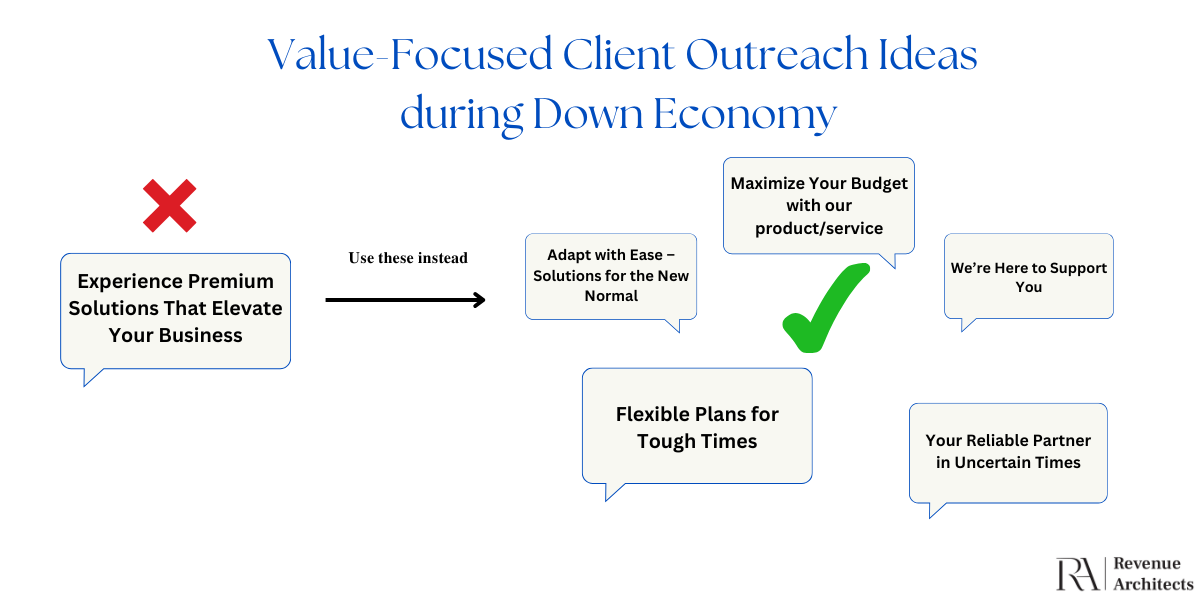The economy has faced various challenges in recent years, from global disruptions to inflationary pressures, leaving many industries grappling with uncertain times. Companies of all sizes feel the squeeze as consumer spending slows, budgets tighten, and financial instability looms. A downturn doesn’t just impact product demand; it pressures every business layer, from supply chains to workforce dynamics.
The sales team is one of the most critical departments for navigating such economic challenges. In these turbulent times, the performance of a sales team can determine whether a business will thrive, survive, or struggle to stay afloat.
Sales executives and managers are tasked with driving growth in a restrictive economy, where closing deals becomes more arduous, and leads can seem scarce. You’re not alone if you’re concerned about keeping your sales team’s momentum and improving performance despite the economic climate. This article outlines seven key tactics that will empower executives to enhance their sales team’s productivity, control outcomes better, and drive revenue, even in a down economy.
1. Focus on Data and Sales Forecasting
Emphasizing the importance of data-driven decision-making in a challenging economy, this section underscores the role of accurate data analysis and sales forecasting. These tools empower executives to anticipate market shifts, understand customer behavior, and plan for realistic outcomes, instilling a sense of confidence and security in their strategies. Sales forecasting, utilizing historical data, market trends, and customer insights, is a powerful tool that can help a team prioritize high-potential leads and allocate resources more strategically in tough times.
To strengthen forecasting efforts:
- Leverage AI and Analytics: Tools utilizing AI for predictive analysis can offer more precise forecasts by quickly processing vast amounts of data. Salesforce, HubSpot, and other CRM platforms now incorporate AI tools that provide insights on which leads are most likely to convert.
- Focus on Key Performance Indicators (KPIs): Regularly track KPIs such as conversion rates, deal size, and sales cycle length. Identify the metrics that correlate most closely with revenue and adjust strategies based on those insights.
- Scenario Planning: Sales leaders should prepare for different economic scenarios, from optimistic to worst-case. This flexibility ensures teams are ready for rapid pivots, whether doubling down on high-revenue clients or seeking new markets.
Data-driven forecasting can help executives set realistic targets, manage expectations, and reduce the uncertainty of a fluctuating economy. Here is Mario’s list of great sales forecasting tools to help you start focusing on data more.
2. Sales Coach as a Strategic Investment
In tough economic times, investing in professional development for your sales team may seem counterintuitive, but the support of a dedicated sales coach can provide transformative results. This section emphasizes the role of a sales coach as a strategic investment, providing reassurance about the value of professional development.
A sales coach works with team members to sharpen their skills, improve customer engagement strategies, and adapt to new selling techniques by implementing them. At least, that is our approach to sales coaching. We belive that personalized feedback, and encouragement can help boost individual and team performance.
Hiring a sales coach brings benefits like:
- Targeted Skill Development: Coaches help salespeople identify and improve their weaknesses, focusing on the high-impact skills that matter most in a down economy.
- Increased Motivation and Accountability: A coach provides an external source of motivation and accountability, which can be invaluable for sales teams experiencing burnout or discouragement.
- Adapting to New Selling Styles: Coaches can guide teams in shifting from aggressive sales tactics to consultative approaches more effective in cautious markets.
While it requires an initial investment, a sales coach can significantly improve your team’s overall performance and make them more resilient during downturns.
3. Eliminate Ineffective Sales Techniques and enhance negotiation Skills
Not all sales strategies are equally effective, especially in a down economy. Some traditional methods may become counterproductive, wasting valuable time and resources. To optimize outcomes, it’s crucial to identify and eliminate inefficient tactics. This may include moving away from outdated cold-calling methods or high-pressure closing techniques that no longer resonate with today’s more cautious buyers.
Instead, prioritize building robust negotiation skills:
- Focus on Value-Based Selling: Rather than pushing for a sale at all costs, emphasize the value your product or service brings to clients, especially regarding cost savings, efficiency, and long-term impact.
- Active Listening: Understand the unique challenges each client faces in the current economy. This will help you tailor your offer to meet those specific needs.
- Training in Advanced Negotiation: Equip your sales team with negotiation training that covers handling objections gracefully, seeking win-win solutions, and building long-lasting relationships with clients.
Streamlining your sales approach by removing unproductive techniques and enhancing negotiation skills can significantly improve your team’s success rates and client satisfaction.
4. Adapt Sales Messaging to Current Times
Effective sales messaging in a downturn should reflect the client’s current needs and economic realities. This section underlines the need to adapt sales messaging, fostering a sense of empathy and understanding towards clients’ struggles. Instead of emphasizing superior outcomes, the focus should be on practical solutions that resonate with clients’ challenges. Messaging highlighting how a product or service can help them “do more with less” aligns with budget-conscious decision-making and establishes your brand as empathetic and supportive.

To adapt sales messaging:
- Empathize with Clients’ Struggles: Understand the specific pain points that economic pressures create for clients. Shift the messaging from aspirational outcomes to practical benefits, like cost savings and improved efficiency.
- Emphasize ROI: Showcase how your product can help clients achieve a solid return on investment, even with limited budgets.
- Be Transparent: Clients are more cautious about spending, so transparency about costs, features, and benefits can build trust and set realistic expectations.
Tailoring your messaging to address economic concerns can make your brand more appealing to clients, enhancing the likelihood of closing deals and retaining loyal customers.
5. Be Flexible in the Sales Process to Accommodate Client Needs
Adaptability is crucial when dealing with financially conservative clients. Offering flexibility in pricing, contract terms, and product options can make a significant difference in persuading potential clients who may be hesitant to commit during uncertain times. For instance, allowing flexible payment plans, shorter contract durations, or scaled-down versions of products can ease client hesitation and build goodwill.
Steps to introduce flexibility in sales:
- Offer Payment Plans: Clients can stagger payments or offer extended payment schedules to reduce their upfront financial burden.
- Customized Contracts: Tailor contract terms to suit individual client needs and offer more manageable options, such as month-to-month agreements instead of annual commitments.
- Tiered Product Offerings: Consider creating stripped-down versions of products or services that offer value while catering to budget-conscious clients.
Providing flexibility in the sales process shows clients that you’re willing to work within their constraints, making it easier for them to choose your offerings over competitors.

6. Foster Collaboration Among Teams and Set Unified Goals
A common pitfall in many organizations is operating in silos, where sales, marketing, customer service, and product development teams work independently rather than collaboratively. In a challenging economy, fostering cross-functional collaboration and establishing a shared goal across departments is more critical than ever. By aligning teams, you can create a more cohesive and customer-centric approach to selling, where each department contributes to the client’s journey.
Strategies to enhance collaboration include:
- Regular Interdepartmental Meetings: Facilitate meetings where teams can discuss shared goals, challenges, and insights to keep everyone aligned.
- Centralized Data and Metrics: Ensure all departments can access shared data platforms to streamline communication and provide unified insights.
- Incentivizing Collaboration: Recognize and reward teams for successful joint efforts, helping reinforce the value of working together towards common goals.
When teams operate as a cohesive unit, they’re better positioned to drive successful outcomes and deliver a seamless client experience that stands out, even during a downturn.
7. Build a Strong Brand Presence Through PR for Improved Inbound Sales
In uncertain economic times, a well-established brand presence can be the differentiator that attracts inbound sales leads. Investing in PR and brand-building efforts can help your business become more visible, reputable, and memorable, making it easier for potential clients to trust and reach out proactively. This visibility strengthens the company’s image and reduces the pressure on sales teams to generate leads from scratch.

Consider the following approaches:
- Leverage Thought Leadership: Publish articles and blog posts and participate in industry events to position your company as an expert.
- PR Campaigns on Cost-Efficiency: Craft PR messages around how your company helps clients achieve cost-efficiency, especially relevant in economic struggles.
- Highlight Client Success Stories: Showcasing testimonials or case studies of clients who successfully navigated tough times with your help can serve as powerful social proof.
A strong brand presence attracts inbound inquiries, making sales efforts easier and less costly. As clients seek reliable solutions, a recognizable and reputable brand can secure attention and trust, giving sales teams an invaluable edge.
In Conclusion
Improving sales team performance in a down economy requires a mix of data-driven decision-making, refined messaging, and strategic investments in people and processes. When you focus on accurate forecasting, effective coaching, adaptable messaging, flexible processes, and brand-building, you can empower your sales team to weather economic challenges and thrive.
These strategies help executives regain a sense of control and build a sales function that’s resilient, adaptable, and capable of driving sustainable growth, even in the most challenging times. But if you need help with any of these processes, send us an email.

